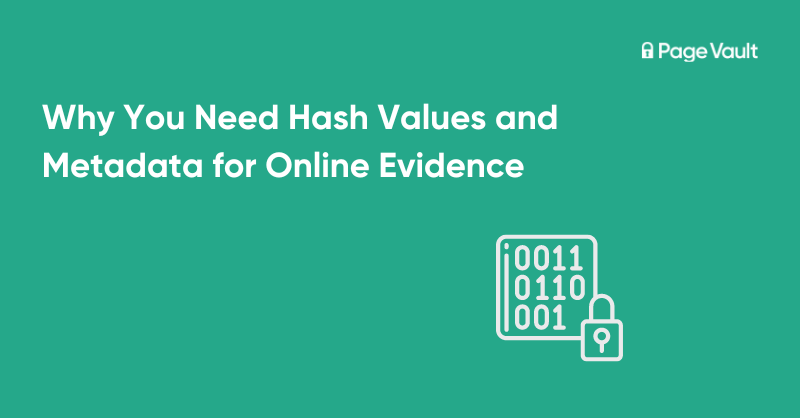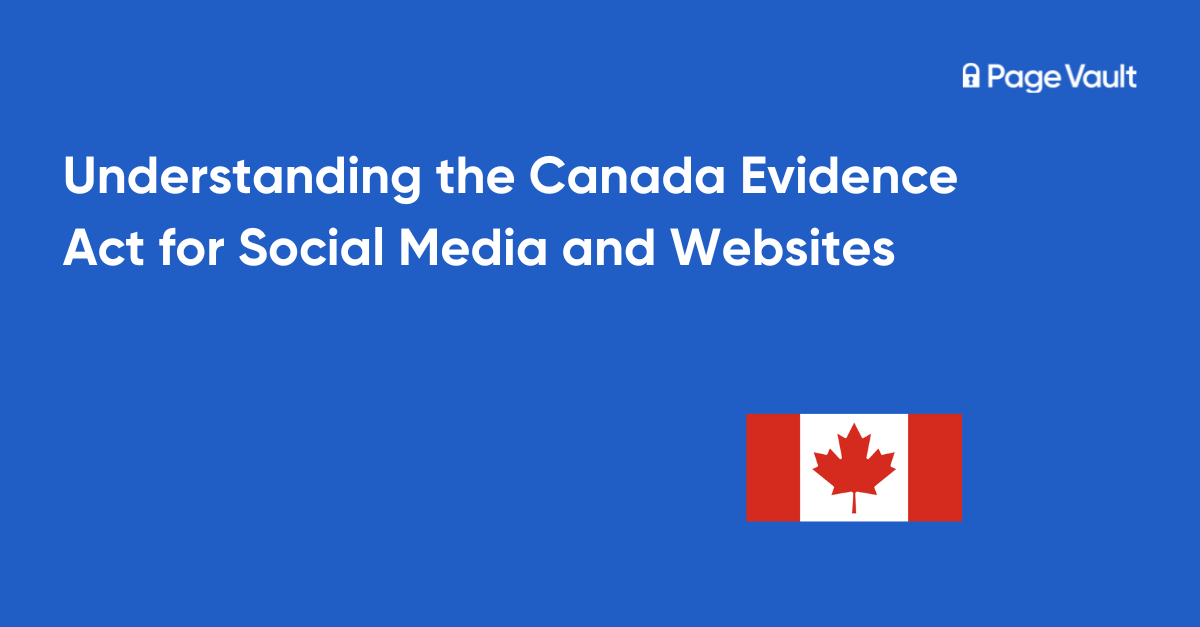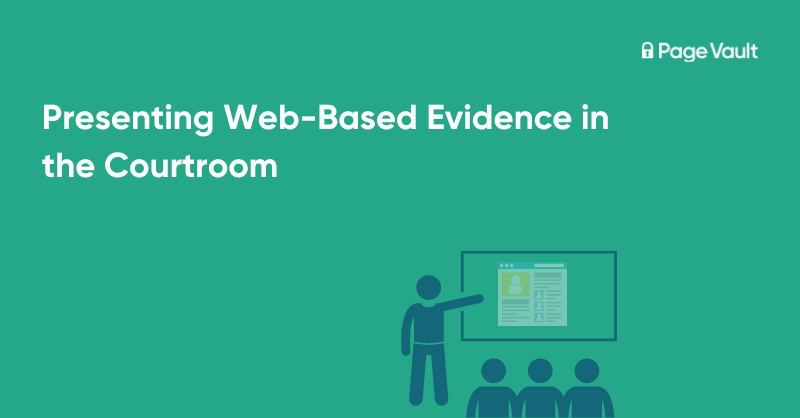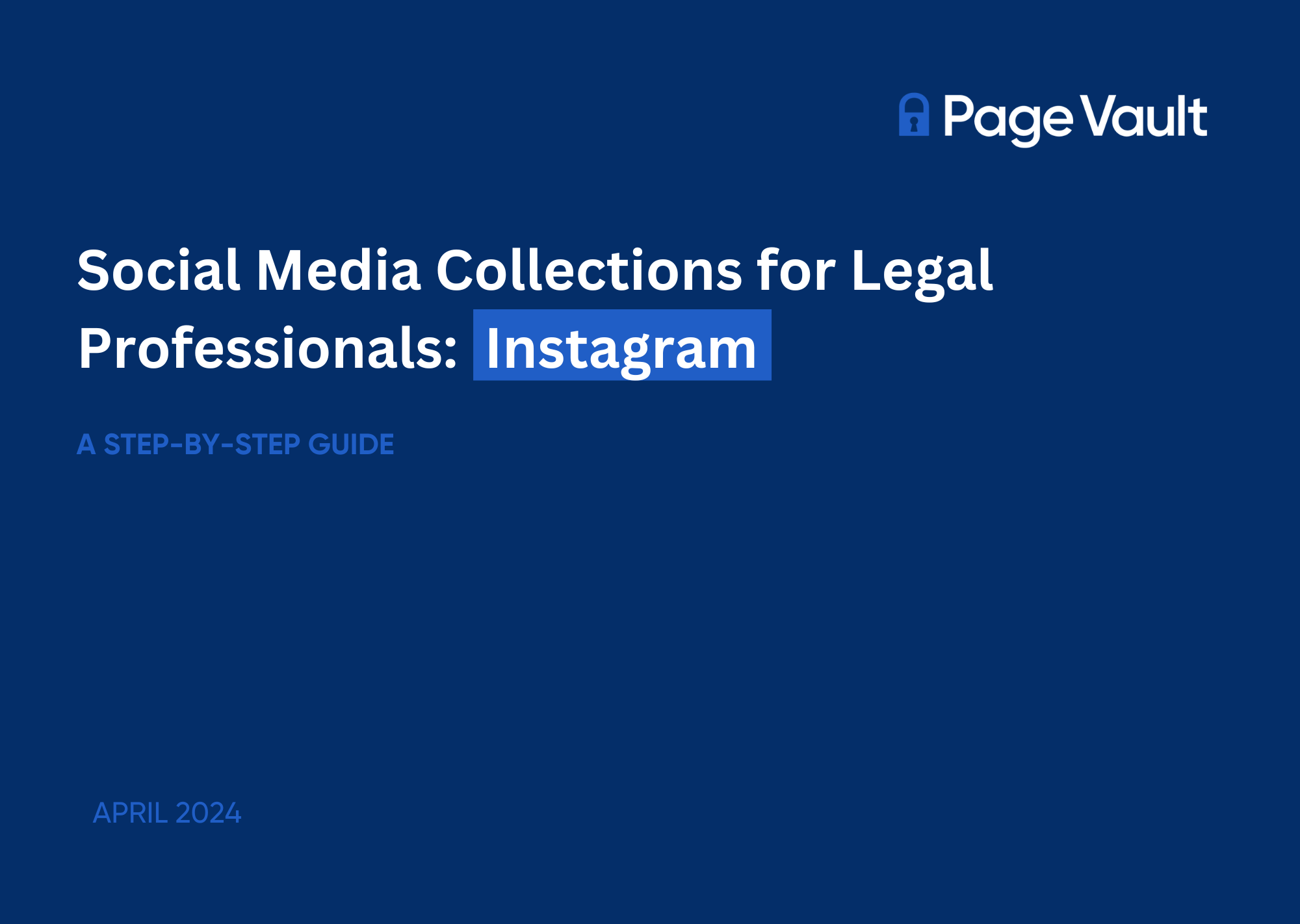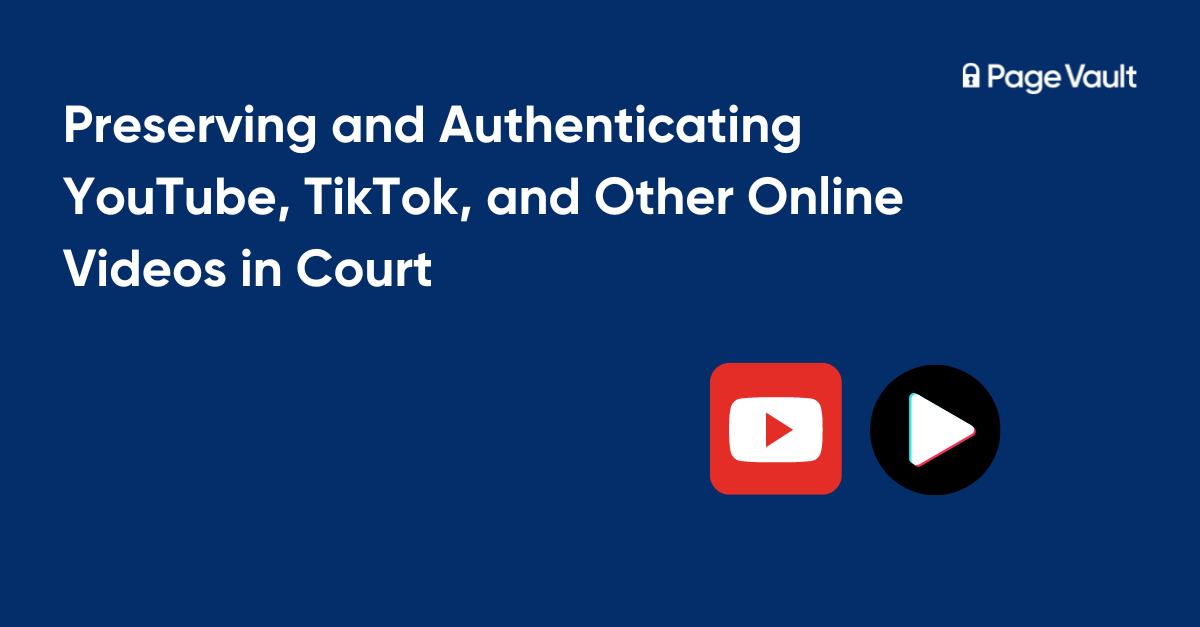Why you need hash values and metadata for online evidence
Last Updated April 2024
One of the major challenges in handling digital evidence is the ease in which it can be altered, either intentionally or accidentally. Even simple actions like opening a file or copying a document can change its properties. Hash values mitigate this risk by providing a method to detect any changes. Similarly, metadata must be carefully preserved from the moment of capture to prevent any actions that could compromise the evidence’s reliability.


